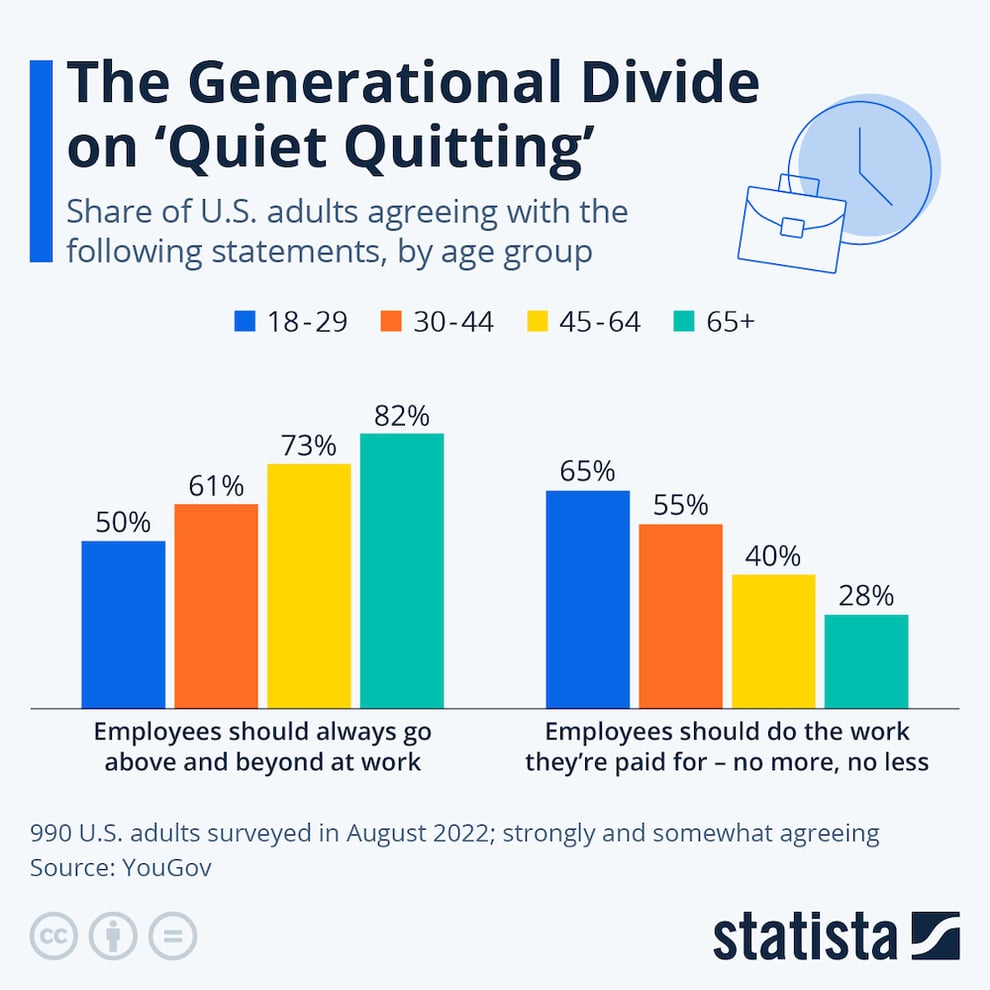Introduction
Originally coined in the context of workplace burnout, “quiet quitting” has evolved into more than just a professional trend. It now reflects a broader cultural shift toward setting healthy boundaries—not just at work but across all areas of life. It doesn’t mean abandoning responsibilities; instead, it signifies prioritizing well-being without making dramatic exits.
Read More- Ways to Improve Your Mental Health
What Is Quiet Quitting?
It emerged as a response to hustle culture, where employees chose to fulfill their job descriptions without going above and beyond. It wasn’t about laziness but about preserving mental health. Now, this concept extends to personal relationships, social obligations, and self-care routines.

Quiet quitting involves disengaging from unnecessary stressors while maintaining essential commitments. It’s about saying “yes” to oneself by saying “no” to overcommitment. This approach empowers individuals to protect their time and energy, ensuring that they are not overwhelmed by unrealistic expectations.
The Psychology Behind Quiet Quitting
Psychologists suggest that quiet quitting is closely tied to the concepts of emotional resilience and boundary-setting. According to Dr. Brené Brown, setting boundaries is about “having the courage to love ourselves, even when we risk disappointing others” (Brown, 2010). It empowers individuals to protect their energy without confrontation.
Dr. Christina Maslach, a renowned burnout researcher, highlights that it can act as a buffer against chronic stress. By recognizing early signs of exhaustion and taking proactive steps, individuals can maintain their well-being while staying engaged in meaningful activities.

Signs of Quiet Quitting in Daily Life
Here are some signs that you are quiet quitting in daily life-
- Work- At work involves focusing strictly on assigned tasks, avoiding overtime, and respecting personal time by logging off after hours. It’s about fulfilling responsibilities without stretching beyond healthy limits.
- Relationships- In personal life, it means politely declining energy-draining social events and prioritizing meaningful connections. It’s about protecting emotional bandwidth.
- Self-Care- It manifests as releasing the pressure of perfectionism and embracing “good enough.” It’s choosing balance over burnout.
- Social Media- Reducing time spent on stress-inducing platforms and stepping away from the comparison trap are key aspects of it in the digital world.
- Health- Prioritizing sleep, balanced nutrition, and regular exercise becomes non-negotiable, free from guilt or external pressure.
Why Quiet Quitting Matters
Quiet quitting matters, here is why-
- Prevents Burnout- With 44% of employees worldwide experiencing burnout (Gallup, 2023), quiet quitting offers a protective buffer against chronic stress.
- Promotes Mental Health- Setting boundaries reduces anxiety and fosters emotional well-being, according to the American Psychological Association (2022).
- Encourages Authenticity- Quiet quitting empowers people to show up as their true selves without feeling obligated to overextend.
- Improves Productivity- By focusing on essential tasks, individuals can achieve more with less effort, avoiding the exhaustion cycle.
- Enhances Relationships- Healthy boundaries nurture more respectful, fulfilling connections, both personally and professionally.
How to Quiet Quit Without Guilt
Quiet quitting can bring with it a lot of guilt, some ways to deal with it include-
- Identify Priorities- Focus on what truly matters to you, professionally and personally.
- Communicate Clearly- Setting boundaries doesn’t require conflict—just honest, respectful conversations.
- Practice Self-Compassion- Saying “no” isn’t selfish—it’s an act of self-respect and balance.
- Set Realistic Goals- Avoid overcommitting by understanding and honoring your limits.
- Embrace Imperfection- Accept that you can’t do everything perfectly—and that’s perfectly okay.
Conclusion
Quiet quitting has transcended the workplace to become a guiding philosophy for balanced living. By embracing this mindset, individuals can protect their well-being while maintaining healthy relationships and fulfilling responsibilities. It’s about finding peace in the present moment and ensuring that life’s demands don’t overshadow personal happiness.
References
American Psychological Association (APA). (2022). Workplace Stress and Mental Health Report. Retrieved from https://www.apa.org
Brown, B. (2010). The Gifts of Imperfection: Let Go of Who You Think You’re Supposed to Be and Embrace Who You Are. Hazelden Publishing.
Gallup. (2023). State of the Global Workplace Report. Retrieved from https://www.gallup.com
Maslach, C., & Leiter, M. P. (2016). Burnout and Work Engagement: A Comprehensive Perspective. Psychology Press.
Subscribe to PsychUniverse
Get the latest updates and insights.
Join 3,045 other subscribers!
Niwlikar, B. A. (2025, February 22). Quiet Quitting: 5 Insightful Signs You May Be Burned Out. PsychUniverse. https://psychuniverse.com/quiet-quitting/



